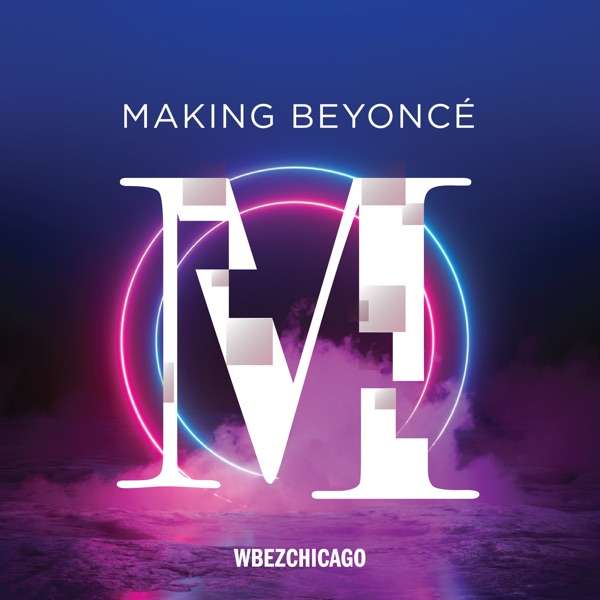Today a future without schools. Instead of gathering students into a room and teaching them, everybody learns on their own time, on tablets and guided by artificial intelligence.
First, I talk to a Ashok Goel, a computer scientist who developed an artificially intelligent TA named Jill Watson and didn’t tell any of his students she wasn’t a human.
Then I talk to two people building future, app based educational systems. Jessie Woolley-Wilson from DreamBox explains what adaptive learning is, and how it can help create a better learning experience for kids. She also talks about all the data they collect on kids to better serve them (data we’ll come back to later in the episode.) Along with Jessie, Julia Stiglitz from Coursera explains how this kind of self-directed learning can extend into the college and post-college world.
Jessie and Julia see a future with these kinds of learning apps that could be more democratic, more creative, more fun and more effective. But there are some downsides too. Neither of them see apps or algorithms replacing teachers, but there are other organizations and projects that do.
In 2013, a guy named Sugata Mitra won the TED Prize which comes with a pretty healthy million dollar check. He won this prize for his work on what he calls “A school in the cloud.” Mitra founded this organization named Hole in the Wall, where he went around the slums of India and installed these kiosks that children could use and play with. His whole thesis is that students can be taught by computers, on their own time. Without teachers. Here’s his TED talk.
And this Hole in the Wall thing is one of the classic examples that a lot of people working on education apps point to to show that kids don’t need teachers to learn. Kids are naturally curious, they’re going to want to seek out information, you don’t have to force them into a tiny room to listen to a boring teacher.
But we talk to some people who question that narrative. Audrey Watters, who runs the site Hack Education, says that projects like Hole in the Wall often don’t last. Nearly all the kiosks that Mitra set up are abandoned and vandalized, she says, and when you look at footage and images of the kiosks you can see that older, bigger boys dominate and push the smaller boys and girls out.
And get this to a question that came up with literally every person I talked to for this episode. What is the purpose of school? Is it to teach content? Or is it to teach students how to relate to one another, how to empathize, how to think, how to be good citizens? Nobody really knows. But we talk about it on the episode!
We also talk about some of the other downsides of these systems. Jade Davis, the associate director of digital learning projects at LaGuardia Community College in Queens New York, tells us about her concerns that algorithms might pigeonhole Kids who might not take to the system immediately. Kids like her own.
In the end, we talk about whether or not these kinds of solutions are really for everyone. Or if they’re just going to be used on poor, disadvantaged kids. Because, are Harvard students really going to be taught by robots? Probably not.
Bonus: Listen to the very end for a fun surprise.

 Our TOPPODCAST Picks
Our TOPPODCAST Picks  Stay Connected
Stay Connected







